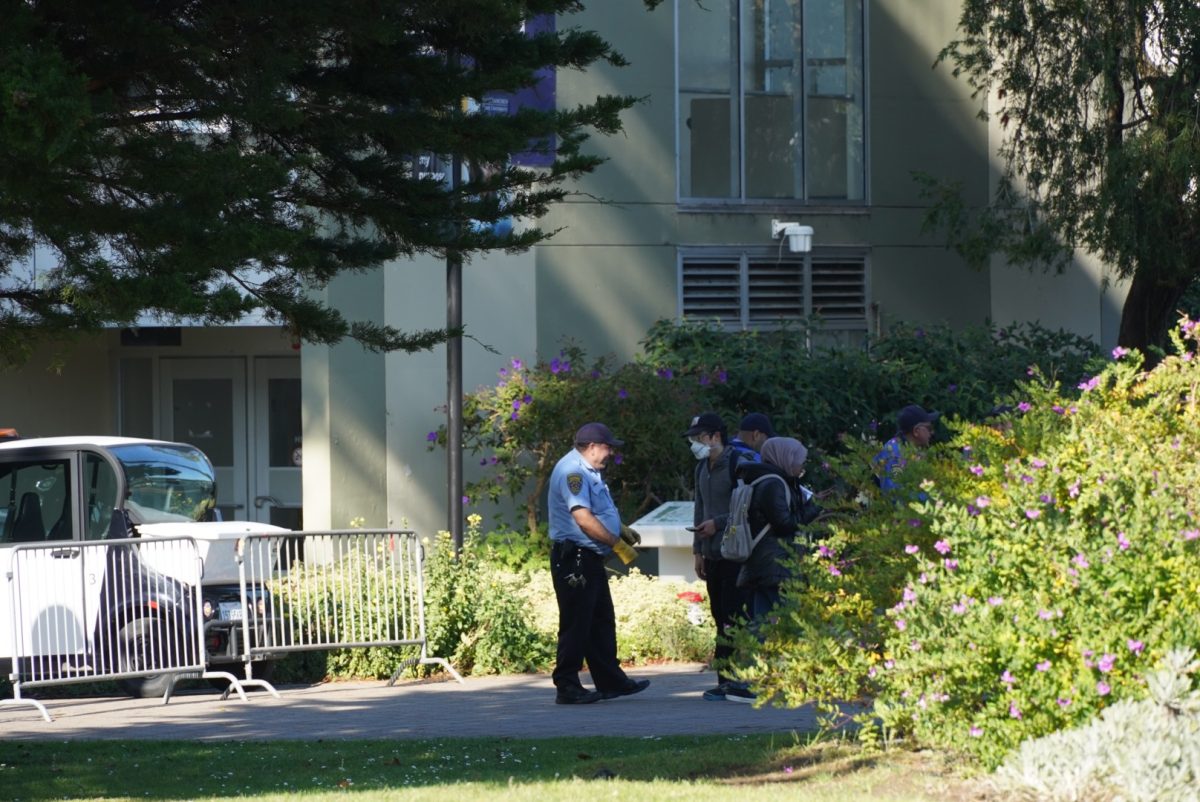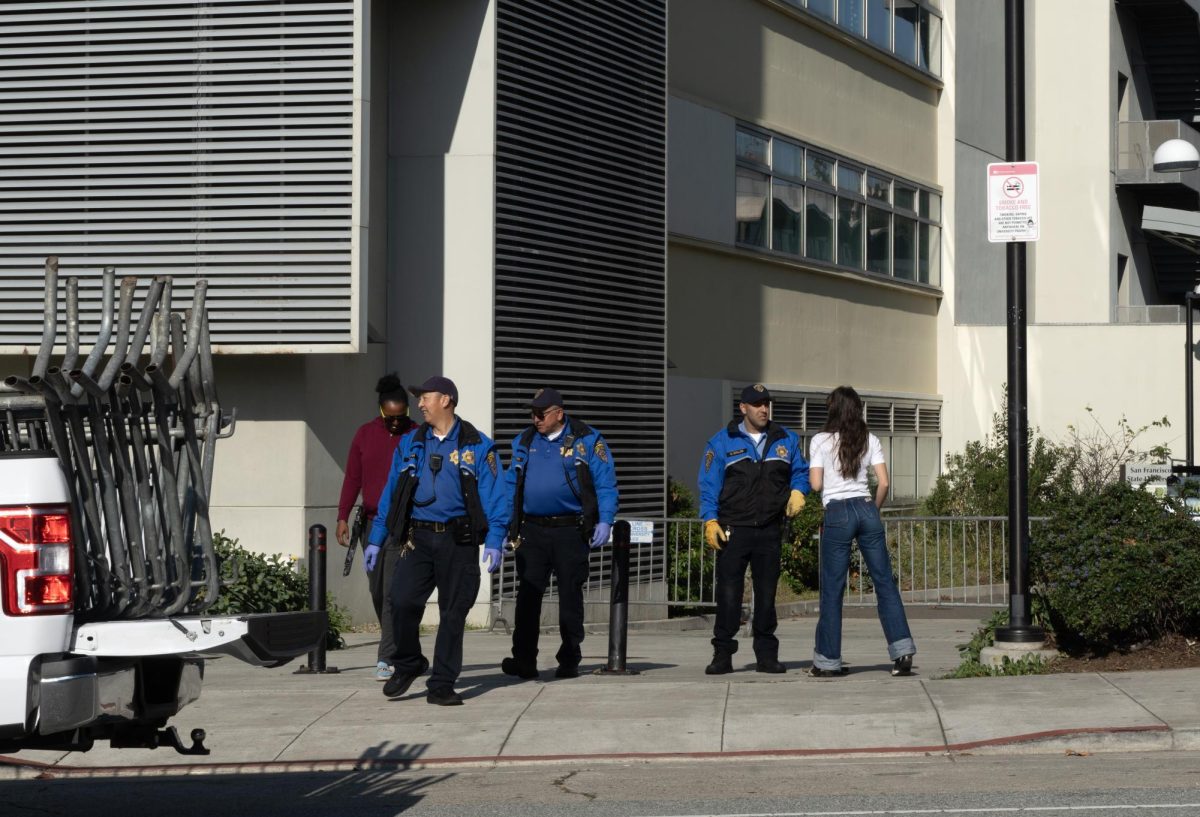Since 2015, graduate students in the Lam Family College of Business have paid a Graduate Studies Professional Program fee, currently $270 per-unit. The fee mostly funds specific graduate courses and provides need-based financial aid.
But two years later, the college hit a snag. Beginning in the spring of 2017 and ending a year later, the university mistakenly failed to charge this fee to approximately 160 students in the Masters of Business Administration (MBA) program, which resulted in roughly $180,000 missing from the college’s expected funds, according to John Gates, the Interim Associate Vice President of Fiscal Affairs.
“We’ve experienced a lot of turnover and personnel transitions ever since I’ve been here. Some of those personnel transitions created a gap in knowledge and communication,” Gates said. “The whole thing is a shared responsibility, there’s multiple departments involved in it.” Gates listed the offices of the business college, the bursar and academic affairs as three primary departments involved.
After the university discovered the mistake, the Bursar’s Office sent out an email requesting that students, some of whom had already graduated, pay the fees for all applicable semesters.
Around August of 2018, the office of CSU Chancellor Timothy P. White instructed the university to stop seeking payment from students, according to Gates. The university did not take any further steps to collect, but also didn’t stop previously notified students from paying.
Ironically, a mandate from the chancellor’s office is what prompted the university to collect in the first place.
“It would have been wonderful had we been able to waive the fee, but we’re literally required to,” said Monique Beeler, the university’s Associate Vice President of Marketing and Strategic Communications. “So it wasn’t so much taking a decision as it was a part of fulfilling a requirement.”
Over a year after the error was discovered and corrected, on Dec. 6, the Student Fee Advisory Committee (SFAC) discussed the matter during the final minutes of their final meeting of the year. SFAC oversees student fees and advises the president, and is comprised of elected students from Associated Students Inc. (ASI) and faculty chosen by President Mahoney,
When asked during the meeting whether the fee was collected, Jay Orendorff, the Associate Vice President of Business Operations, first said that it was not, then clarified that some fees were collected but most were not.
However,that statement does not align with the estimate by Gates that between $85,000 and $95,000 of the original $180,000 was collected.
The university reimbursed the business college for the remaining amount, according to Yim-Yu Wong, the Interim Dean for the business college.
“What can we do at this point?” said Jennifer Ramirez Beltran, the ASI Vice President of Student Affairs, during the meeting. “I feel like it was already done and, personally, I think that it was an error. They should have taken responsibility for it, but we can’t take that money back, right?”
Brian Sharber, the Office and Events Coordinator for the office of the Vice President of Student Affairs and Enrollment Management, responded that there may be precedent for a refund. However, the group did not vote on a refund or take any action on the matter.
Last month, Andrew Carillo, the Associated Students Inc. (ASI) Vice President of Finance and advisory member of SFAC, introduced this matter to the committee after business students who received this fee reached out to him. In his email requesting the fee be discussed during committee meeting, Carillo questioned the university’s authority to charge retroactive fees at all. This comes amid a more general push by Carillo to examine the cost of student fees and how they are spent.
Gates expressed that he did not think the term retroactive fee was accurate, preferring to call it a “post-transaction billing.”
An MBA student taking 12 units per semester would pay a graduate studies fee of $6,480 for two semesters.In the email sent to MBA students informing them of this debt, the Bursar’s Office mentioned that students without the means to immediately pay the fee could sign up for a payment plan.
However, the university also charges payment plan fees. For residents of the state, this comes as a $33 charge per semester. Non-resident students pay in four installments, with a payment plan fee of 15% of each payment.
A non-resident MBA student paying off the aforementioned $6,480 in fees would also have to pay $972 in payment plan fees.
“The school’s mission says education by minimal cost and we’re not living up to that,” Carillo said.









A.Goodman • Dec 11, 2019 at 10:25 am
U.Corp sucking up $ like a vacuum since 2001 and corrugated corrigan…. watch those fees rise and become permanent….